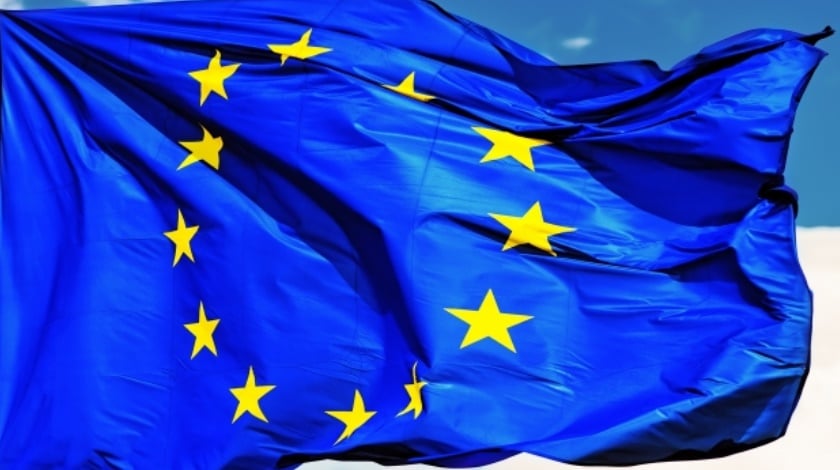Photo: ictsd.org
Reading Time: < 1 minuteJust three months after its adoption by the European Commission, the Aviation Strategy is starting to deliver its first results.
The 28 EU Member States have authorised the European Commission to open negotiations with China and Japan in view of concluding Bilateral Air Safety Agreements. Such agreements enhance air safety worldwide and contribute to the global competitiveness of the European aviation industry by cutting red-tape and facilitating exports.
EU Commissioner for Transport Violeta Bulc said: “In January I told the Aviation Summit that 2016 is the time for delivery of the Aviation Strategy. I am delighted that it is starting to pay off so early. The new Bilateral Air Safety Agreements we are pursuing will offer European companies new business opportunities in China and Japan, two key aeronautical nations. More trade means more growth and jobs in Europe, a priority of President Juncker. And yet these agreements are only one pillar of the ambitious external aviation policy we put forward as part of the new Strategy. In 2016, we will also seek to negotiate comprehensive aviation agreements with several key partners – including China – in order to improve Europe’s global connectivity.”
Bilateral aviation safety agreements (BASA) are signed between the EU and third countries in order to enable cooperation in the aviation safety domain, including certification, testing and maintenance of aeronautical components, air operations, flight crew licensing, air traffic management and airports.
They remove the duplication of oversight activities and support mutual safety recognition between the EU and third countries. This reduces the transaction cost of exporting aircraft, while ensuring high levels of safety in partner countries and helping to harmonise product standards worldwide.

